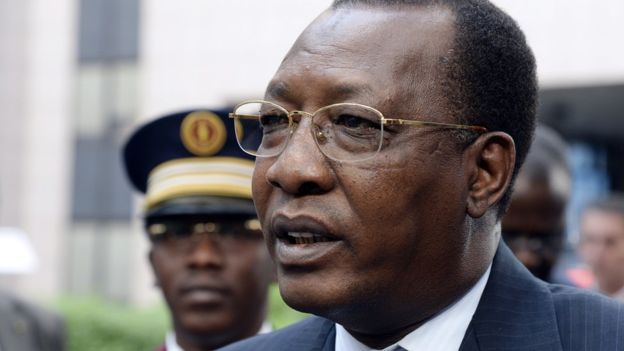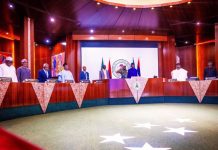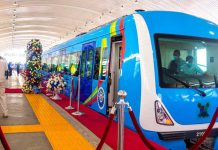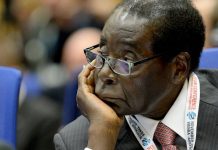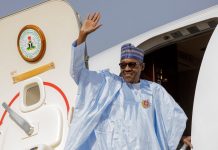The Heads of State for the Central African Economic and Monetary Community, CEMAC, have reached farfetched decisions on the issue of economic integration. The meeting of the Heads of State which has just ended in Chad has lifted visa requirements for their citizens traveling within the six-member regional bloc. But challenges remain towards ensuring free movement and deepening economic integration.
The announcement marked the culmination of 23 years of negotiations at various fronts. Citizens of Cameroon, Equatorial Guinea, Central Africa Republic, Congo-Brazzaville, Gabon and Chad no longer need visas to travel within the six-member economic bloc.
Chadian President, Idris Deby, made the detailed announcement after the CEMAC Heads of State summit in Ndjamena.
President Deby said the people had been waiting for strong and concerted actions that concretely demonstrate that the integration of central Africa would be a reality, which is the main reason the CEMAC was created. He said that people from within the community who visited Chad earlier this week could testify that they were exempted from visa charges.
CEMAC, which was founded in 1994, has trailed behind other regional blocs in the continent in lifting visa restrictions.
Reactions over the latest measure have been pouring in. Economist Youssouf Saleh, Chad’s former prime minister, said for CEMAC, it is better late than never. But he pointed out that the effectiveness of the free movement of goods and people will depend on whether there is also an integrated and competitive economy and whether political divides that have hampered economic activity are broken down.
Last year, the economies of Gabon and Equatorial Guinea took a hit amid the global drop in oil prices. The two countries sealed their borders to stop job-seeking youths flooding into their countries and even began expelling some migrants from other CEMAC countries. Only Chad, Cameroon and Gabon have started issuing the CEMAC biometric passports, despite the fact that the deadline expired since January 2014.
Security concerns are also hindering free movement. At Garoua-Boulai on Cameroon’s eastern border with the Central African Republic, C.A.R., border controls remain as travelers continue to be prevented from crossing on both sides.
Colonel Etienne Detou of Cameroon said the security operatives have arrested rebel combatants from the C.A.R. trying to cross to the other side while disguising themselves as business persons and refugees.
He said, however, there was relative peace on the Cameroon side. But the Army officer warned it should be noted there are regular incursions by armed groups and highway robbers from Central African Republic. He said the military and the police should be very vigilant and self-defense groups should participate in safeguarding their territory.
Cameroon and Chad are also limiting free movement of people at their common border. Both countries have suffered Boko Haram atrocities as well and want to make it harder for the terrorists to penetrate.
CEMAC Commission President, Pierre Moussa, expressed the hope that the states are taking measures to address security concerns.
Mr. Moussa said for the new visa-free policy to be fully effective, the Heads of state have authorized the Development Bank of African States to pay $2 million as part of the debt they owe the International Police Organization so that they could help secure the borders of CEMAC.
Other ambitious plans for CEMAC regional integration are yet to be executed, including plans to create a regional airline and to build roads linking the regional capitals.






